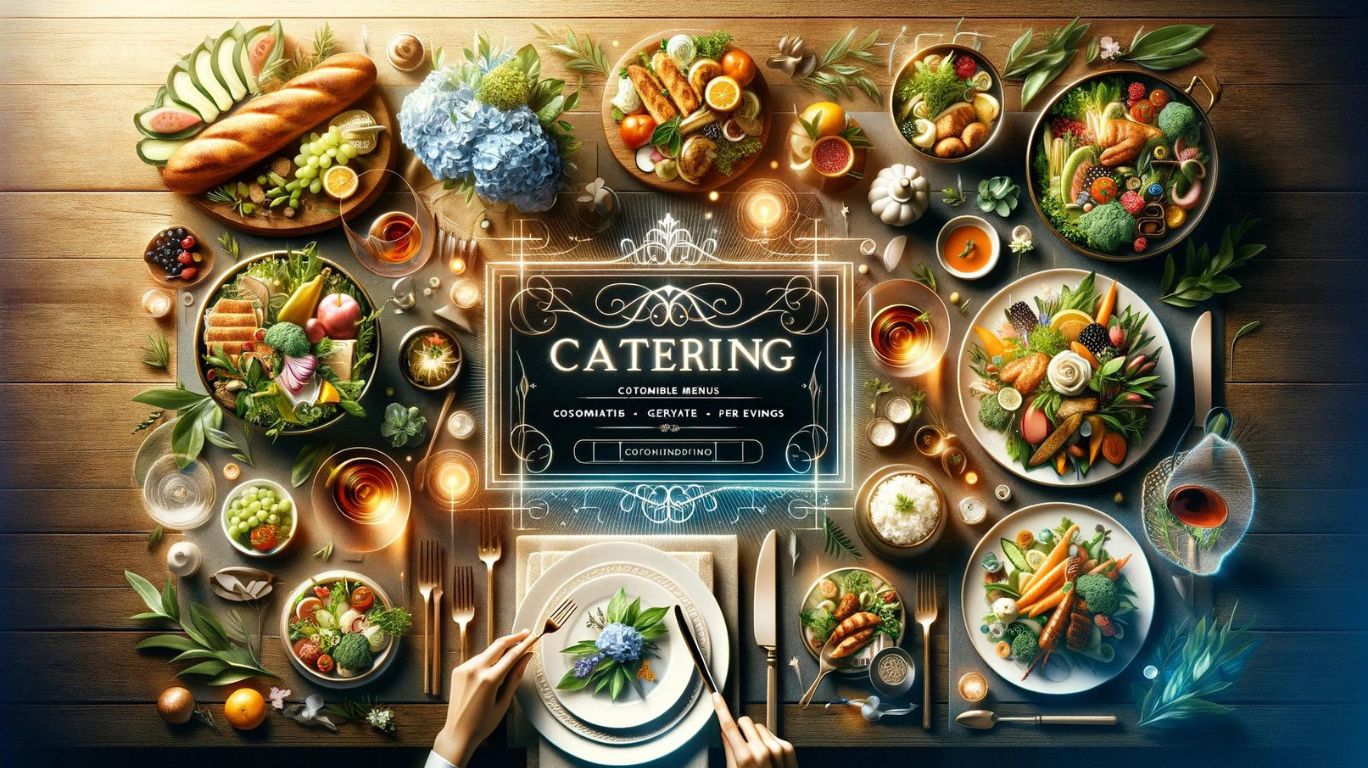The peculiar, underground globe of ghost kitchens in Virginia
VIRGINIA Seashore, Va. (AP) — I have arrived at a neutral area — the parking lot of a Virginia Beach Barnes & Noble — to procure a bag of hamburgers that cannot be observed at any restaurant.
The burgers in problem are not good, as it turns out. They are, in truth, scarcely edible. But they get there with a pedigree of kinds. They appear from MrBeast Burger, a rapidly-food stuff chain that introduced overnight in December with a boggling 300 areas, stamped with the name of a 22-calendar year-old North Carolina YouTube star famous for filming himself providing away stacks of revenue to randomly chosen people today.
MrBeast is not a classic restaurant, in the feeling that you just cannot in fact go there. They also absence so significantly as a cellphone range. The burger place alternatively has a shadowy and fairly tenuous existence: findable only on shipping and delivery applications, and only if your tackle takes place to fall inside the delivery radius.
And simply because my dwelling did not fit into this class, below I was in a Town Center parking lot, flagging down a bemused driver who’d traveled only 3 blocks to achieve me.
MrBeast is part of a massive nationwide pattern towards ghost kitchens — also acknowledged variously as virtual kitchens, darkish kitchens or shadow kitchens — an undercover variation of cafe whose revenues already include up to billions of pounds nationwide.
The strategy is basic. Ghost kitchens are dining establishments without the need of the cafe: supply-only meals models that frequently make meals in the kitchens of a lot more classic companies. This may possibly be a commissary kitchen for numerous brands, or a cafe that experienced its company decimated by the pandemic. In some methods, the ghost kitchens are the outsourced gig work of the restaurant entire world, an creation of the decentralized World-wide-web overall economy.
MrBeast’s burgers, as it turns out, were being cooked at a company locale of Bravo! Italian Kitchen, a chain that does not in any other case serve hamburgers — a truth you’d only learn by average on line sleuthing.
Although MrBeast Burger’s menu was ostensibly conceived by on the web celeb Jimmy “MrBeast” Donaldson, it was executed by a company chef from a firm named Digital Dining Concepts, co-owned by the founder of World Hollywood. And like Earth Hollywood, the business leverages celeb clout to market food. The organization also pushes chicken “bytes” from rapper Tyga, and Italian subs from the Jersey Shore’s Pauly D. Mariah’s Cookies, a bakery branded for Mariah Carey, also sells out of the similar Virginia Seashore kitchen as MrBeast.
Ghost kitchens are frequently a bit like Mardi Gras masks for chain dining places. Look on Doordash or Grubhub and you may come across a little something termed “It’s Just Wings.” When it may surface to be a new cafe, it turns out to be a shipping-only wing brand cooked by Chili’s and Maggiano’s Very little Italy.
Meanwhile, The Captain’s Boil will deliver you luggage of crawfish from locations of Ruby Tuesday. “Neighborhood Wings” turns out to be Applebee’s. Chuck E. Cheese sells its pizza online as “Pasqually’s,” named soon after the mouse-mascotted arcade’s fictional chef.
The outcomes could be charitably called combined. Turns out, it is frequently smart to be afraid of ghosts.
But supply-only kitchens are also just one of the only categories of restaurant whose company has grown throughout the pandemic, as eating rooms have been shut down or limited across the region. Michael Schaefer, with market study organization Euromonitor, approximated in a presentation past yr that ghost kitchens could be a trillion-greenback sector by 2030.
The cafe-business trade push has loaded with headlines boasting that the ghost kitchen will possibly bring the loss of life of the cafe or turn out to be the meals industry’s savior, propping up revenues for pandemic-stricken eating places by decreasing overhead and producing use of fallow grills and fryers.
“Build a food items principle devoid of losing your shirt,” reads the marketing and advertising duplicate for CloudKitchens, a ghost-kitchen area corporation from Uber founder Travis Kalanick. “Open a kitchen in one month. Test many food ideas out of 1 kitchen. Experiment with minimal chance. Decrease price tag, optimize profit.”
A number of nearby eating places in southeastern Virginia have gotten in on the ghost sport, as well. Last summer season, Norfolk Indian cafe Tamarind acquired a sales pitch out of the blue from an Illinois-centered enterprise named Ghost Kitchen Principles, which promised to sector Tamarind’s exceptional chaat and curries on line beneath the title “Gunpowder Cafe.”
“It was one more platform we could use for supply assistance,” reported Tamarind co-proprietor Tejas Patel. “They sector it for us, and like any third-get together services, it expenses a cost.”
The Gunpowder Cafe thought has surfaced at numerous little Indian dining places from Baltimore to San Francisco. But as it turns out, Gunpowder is a lot less a cafe than a shiny new title badge.
Requested facet by facet for shipping and delivery, dishes from Gunpowder Cafe and Tamarind were being indistinguishable apart from by price tag. Gunpowder’s “Peshawari” butter chicken expenditures $18.74. Tamarind’s charges $14.99. But it’s the exact hen, Patel claims. Tamarind’s delightful chickpea-blanketed samosa chaat, rebranded as a “deconstructed samosa,” also receives a 25% markup.
But Patel states the additional business enterprise has been useful to their cafe, whose small business has suffered during the pandemic. However he credits his faithful regulars for holding the lights on, the Gunpowder Cafe brand has allowed them to arrive at new clients they if not would not have had.
“I do not intellect if they give our food stuff a diverse title,” Patel suggests. “It’s aided a little bit listed here and there. We get far more orders for each day — it is two or 3 further orders we’d never have experienced. The way we look at it is, it is improved than zero orders. We have a total managing kitchen: If Gunpowder sells a few dishes, why not?”
Regional incredibly hot pot location Hearth Ninja also hosts a ghost kitchen, providing noodles less than the title Ramen Hero. And in some of the country’s denser meals cities, from New York to Portland to Washington, compact business owners have released ghost kitchens serving off-observe Thai or Burmese food items.
But in significantly of the nation, like Hampton Roadways, the ghost kitchen has been a largely corporate phenomenon.
Massive companies are far a lot more probable to have the infrastructure in spot to established up ghost manufacturers that can group out having difficulties local organizations on shipping apps, says Pat Garafalo, a director at anti-monopoly advocacy team the American Financial Liberties Task.
“It’s normally a lousy condition for compact, community business enterprise,” Garafalo says. “The pandemic has come to be an option for these businesses that have economical backing to surge into all these locations, and get edge of the struggles of little organizations. ”
Ghost kitchens are occasionally set up in partnership with app providers these types of as DoorDash, he suggests, who use knowledge they’ve collected from their personal consumers to conduct pinpoint promoting of dishes marketed in direct competitiveness with community restaurants.
The ghost kitchen area concepts can, of course, also enable nearby dining establishments, says Digital Eating Ideas spokesperson Tamar Aprahamian. She notes that though quite a few MrBeast places are chain spots, many others are compact eating places who’ve been saved afloat for the duration of the pandemic by the added shipping and delivery company supplied by admirers of Mariah Carey or Jimmy Donaldson.
But in the very long run, Garafolo considers the ghost kitchen area an existential threat to traditional tiny places to eat, in particular as the shipping and delivery sector expands.
“The question is, do we want compact organizations to survive?” he says. “Or do we want a planet where the only possibility is Search engine optimisation-optimized things that arrives from a warehouse down the street?”








